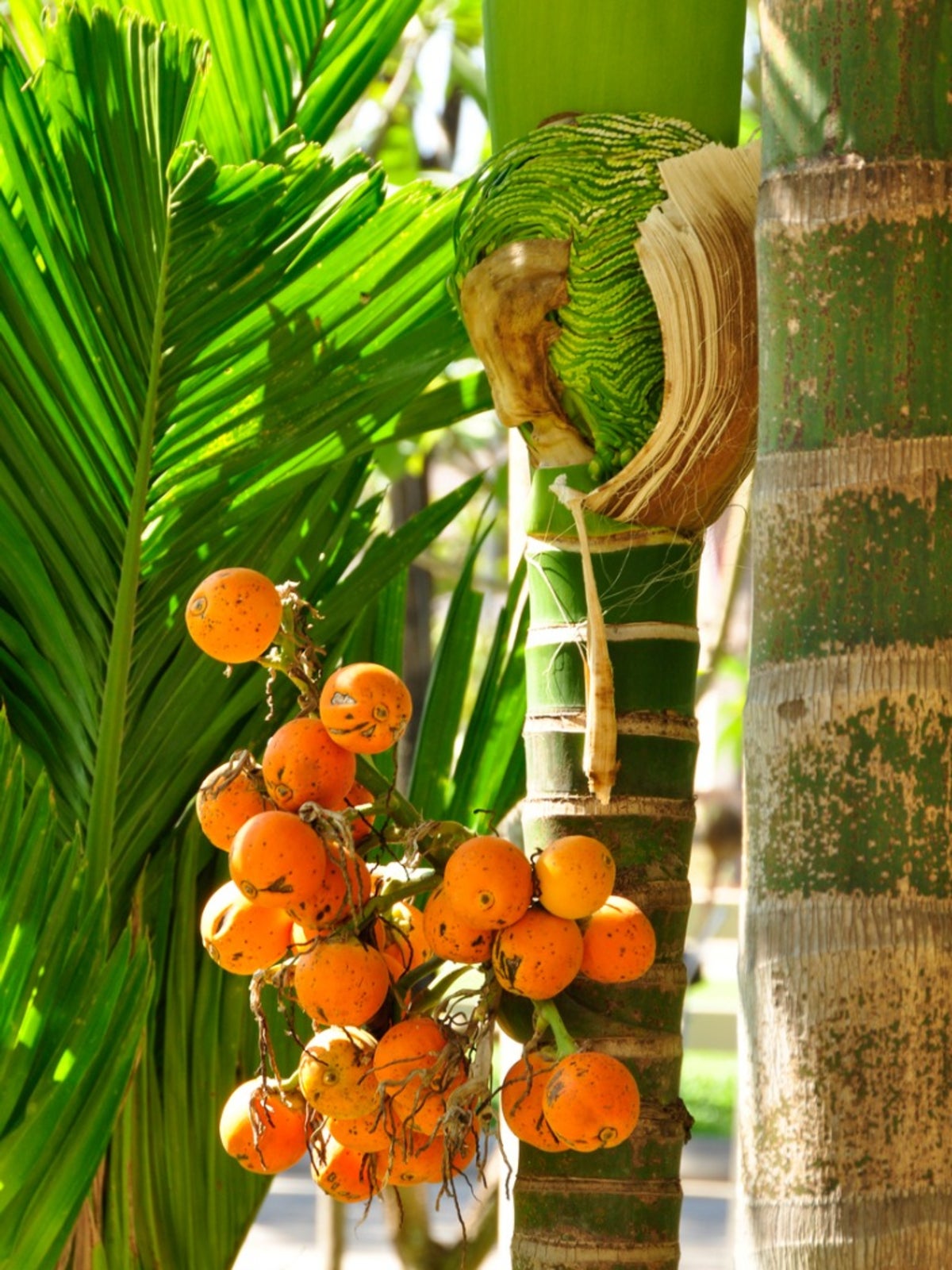Caring For Pindo In A Container: How To Grow A Pindo Palm In A Pot


Pindo palms, also called jelly palms (Butia capitata) are relatively small, ornamental palms. Can you grow pindo palms in pots? You can. It’s easy and convenient to grow pindo palm in a pot or container since these palms grow very slowly. For more information about pindo in a container and the growth requirements for container grown pindo palms, read on.
Growing Pindo Palm in a Pot
If you're looking for a tropical pinnate palm, pindo might be your plant. Pindo’s graceful curving branches are attractive, and the plant requires little care. Pindos are evergreen trees that thrive in USDA plant hardiness zones 10 through 11. The flowers are exceptional – yellow or red and grow long flower clusters. These flowers develop into sweet, edible fruit that taste a little like apricots. The fruit is often made into jams and jellies, which is where the palm gets its common name of jelly palm. Can you grow pindo palms in pots? The answer is a resounding yes. Growing pindo in a container is the perfect option for anyone not living in very warm areas. You can move the container into a warmer location inside during colder weather. Another reason to consider growing pindo in a container is its size. A pindo palm generally grows very slowly, and it tops out at around 12 to 15 feet (4-5 m.). However, it can spread out almost as wide as it is tall. For a small garden, pindos in the soil take up quite a bit of room. They may interfere with walking paths since their growth remains low to the ground for some years. However, container grown pindo palms stay much smaller. Container palms never grow to the height of one in the soil, but they still may be a little broad. The compact cultivar called "Butia compacta" makes a great pindo palm in a pot. What does your container-grown pindo palm need to thrive? Although pindos tolerate some shade, they flower best in full sun. In terms of irrigation, think moderation. The soil in the container should be kept moist but never wet. Fertilize your potted palm in spring, and don’t hesitate to prune out any yellowing fronds.
Sign up for the Gardening Know How newsletter today and receive a free copy of our e-book "How to Grow Delicious Tomatoes".

Teo Spengler is a master gardener and a docent at the San Francisco Botanical Garden, where she hosts public tours. She has studied horticulture and written about nature, trees, plants, and gardening for more than two decades, following a career as an attorney and legal writer. Her extended family includes some 30 houseplants and hundreds of outdoor plants, including 250 trees, which are her main passion. Spengler currently splits her life between San Francisco and the French Basque Country, though she was raised in Alaska, giving her experience of gardening in a range of climates.